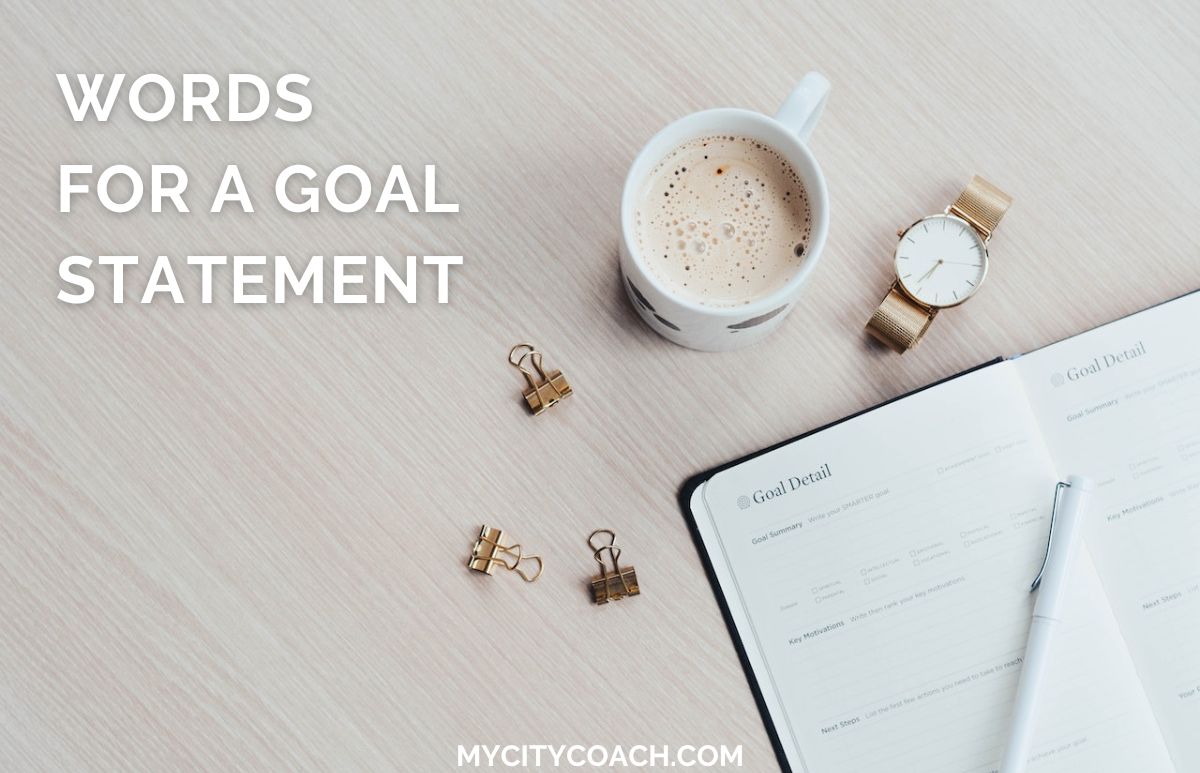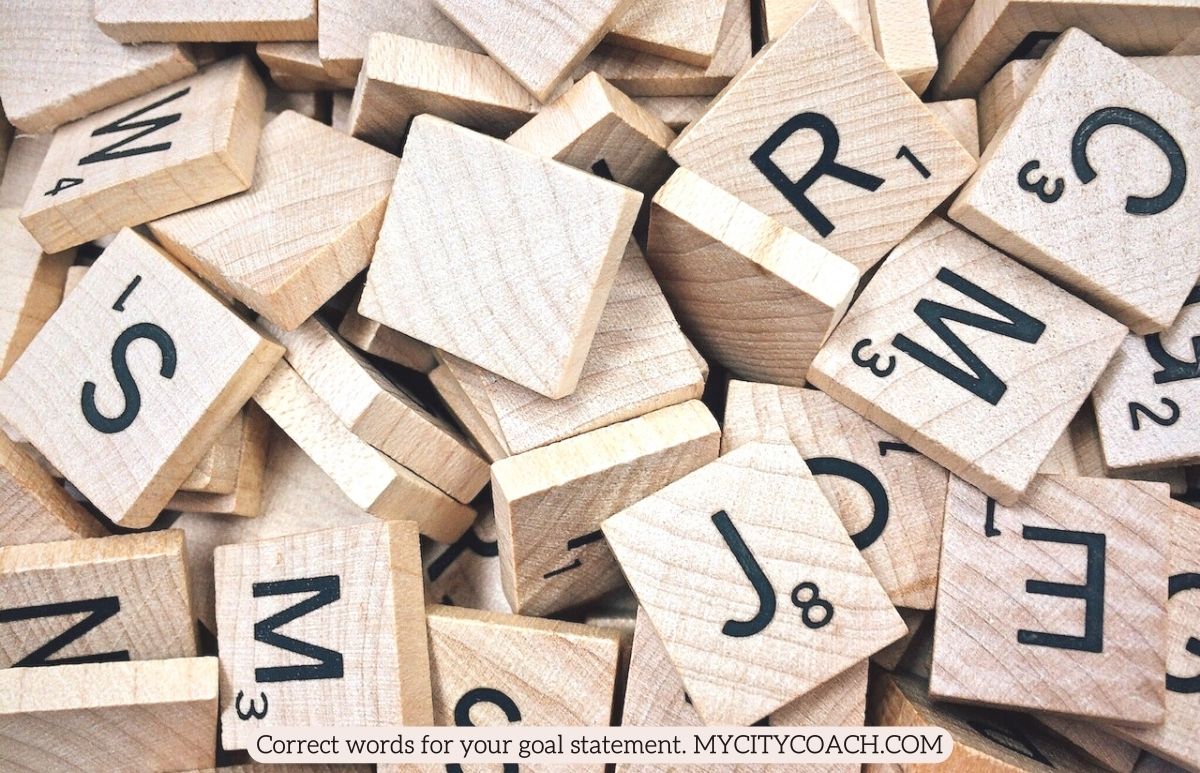
Words matter. And words matter not only for our everyday communication, but also for our goal statements and the way that we express our desires.
Let me give you a few examples of bad goal statements:
- I don’t want to be fat.
- I want to lose weight.
- I don’t want to lose this job opportunity.
- I don’t want to be stressed when I speak in public.
- I don’t want to be single.
Why are the above phrases not good?
Your mind perceives the words that you say. And many NLP specialists will also add that our brain does not understand negative statements. So, in the previous examples, what our mind hears is:
I want to be fat.
I want to be stressed.
I want to be single. And so on…
As you see, all the above goals sound negative. So, naturally, our organism will prevent us from pursuing the above goals as they could be “harmful” for us.
And our task here is to form and state our goals using positive statements.

Positive goal statements.
Let’s get back to our examples:
- Instead of saying “I don’t want to be fat”, a positive Coaching version of this goal would be “my goal is to have xx weight by xx time, have a healthy lifestyle and to be happy with my body”.
- “I don’t want to be stressed when I speak in public” vs. “My goal is to feel confidence when I speak in public”.
- “I don’t want to be single” vs. “My goal is to have a happy fulfilling relationship”.
Do you see the difference?
Thus, a correct goal statement is an important step in a Coaching process. At the beginning of a Coaching cooperation we state your goal positively, then we make it very specific, and after that we start working on it. Do you want to find out more? Send me a message to book our first online Coaching session.
So how about your goal? Is it expressed with a positive statement?
Watch my video about using the correct words for your goal statements here.


